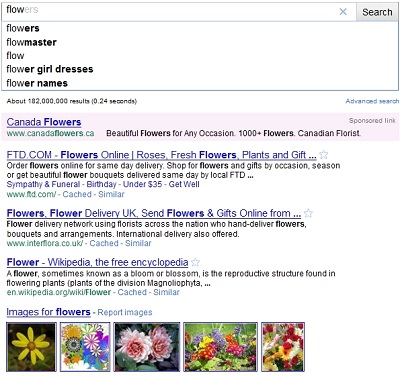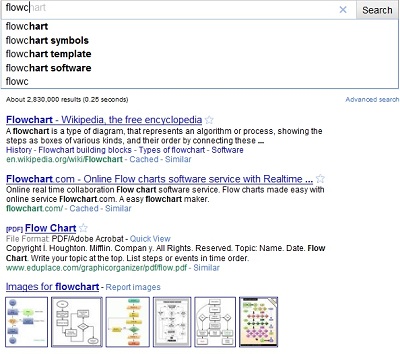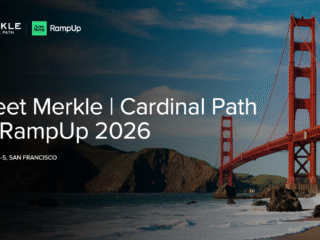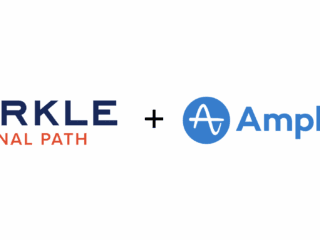Last week Google rolled out their new Instant Search system which essentially tries to predict what users are searching for as they type and then display results in real-time as they are typed. If you were to type in ‘flow’ into the Google search box, Google is trying to predict that maybe you’re searching for flowers and the search results would display listings about flowers.
If you continued typing and added a ‘c’ to ‘flow’ (‘flowc’) Google would then predict that maybe you’re looking for flow charts and would display results accordingly.
So what does Instant Search mean to search engine marketing and optimization? In short, we don’t really know yet. Some believe it will mean the dissolution of the long-tail. Some believe it will end search engine optimization completely and some think the big brands will benefit the most.
Dissolution of the Long-Tail
This is an interesting thought and since pondering this for a bit but I tend to believe the long-tail will not go away. The thought is that because Instant Search provides you with real-time results based on what you enter that you’ll be able to pin point and narrow your search needs as you type. When we look at long-tail keywords which show up in organic search keyword reports in analytic tool, we often find the ‘keywords’ in the long-tail are specific and detailed (eg: “are natural cosmetic products safe”) and Instant Search does go to that level of predictability when typing the words out in the search box.
The End of Search Engine Optimization
Again, an interesting thought but one that I quickly dismiss. While Google has a bit of a love-hate affair with the whole concept of search engine optimization Google actually needs this to continue. Through search engine optimization we help Google more easily find and access content that people may be searching for. We use keyword analysis to help identify what is being searched for and then develop content so that it can be found which helps Google provide more accurate and relevant search results to their users.
Big Brands Win
As much as I hate to say it this theory has some merit IF we believe people will start altering how they search. If you were to type ‘a’ into the Google search box you’d be presented with a set of suggested search terms with Amazon at the top of the list. If you enter the letter ‘n’ into the search box you’d be presented with Netflix as the leading search term suggestion. I guess this could lead one to believe that the big brands will benefit the most from Instant Search but the problem with this theory is that people don’t search that way. People don’t enter singular letters and wait for Google to provide a set of suggested search terms for them to choose from b — they enter whole words so unless people alter how they search I can’t see this greatly favouring the bigger brands. I hope I’m right as the Internet and Search are the biggest leveling of the business playing field that I have ever seen, enabling small company’s to compete directly with big company’s.
Conclusion
I don’t believe that Instant Search will have the negative impact that many in the search industry seem to be talking about. Perhaps it will have to make the search optimization game a little bit tighter and more focused but that should be a good thing. Tighter and more focused content; keywords; page titles and navigation simply means better content and relevancy for your visitors. This results in a better quality of visitor that’s likely to be more engaged with your content or have higher interest in the products and services which your company offers and that’s never a bad thing!
I invite you to share your thoughts on Google’s new Instant Search and the impact that it will have on Search Engine Marketing and Optimization.
Aaron Wolski is the Manager of SEO/SEM & Optimization at PublicInsite. He has over 11 years experience in the online marketing field working in both client and agency side capacities.














